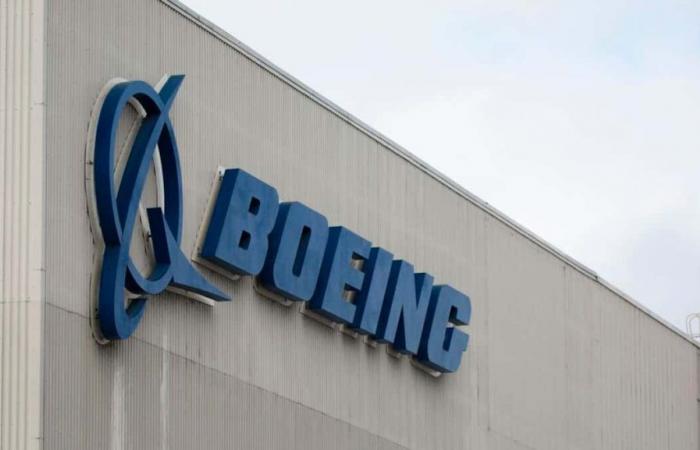Aircraft manufacturer Boeing has put so much pressure on its suppliers to cut costs and boost its bottom line that it has “destroyed the health” of its production, says Jon Holden, president of the IAM District 751 union.
“Boeing has spent a lot of time, since 2012, putting pressure on its supply chain by forcing its suppliers to reduce their prices, year after year,” said the head of this branch of the International Union of Machinists and Aerospace Workers (IAM) in Seattle (northwest) in an interview with AFP.
It has nearly 32,000 members, including some 30,000 employed by Boeing.
The group sold “factories to reduce its net assets,” explains Mr. Holden. “I have no problem with efficiency. But I have one when it destroys the health of the production system.”
And, “in wanting to be more efficient, they have eliminated important positions considered redundant, such as quality assurance,” he laments.
For many months, the giant has been accumulating production problems on its three commercial aircraft currently on the market: the 737 – its flagship aircraft – the 787 Dreamliner and the 777. An in-flight incident on an Alaska Airlines aircraft on January 5 was the last straw.
Boeing has since been working to clean up its processes under the close supervision of the FAA regulator, focusing first on the 737 factory in Renton, near Seattle.
The union has been demanding, with that of engineers, the SPEEA, for several months two seats on the board of directors to “participate in the changes […] likely to affect the production process”.
“Breadwinner”
“We have never asked for this in the past, but it is about our reputation, our jobs, our livelihood,” explains the union leader. “We care about this company and we have the right to have a say in certain changes.”
A request reiterated during the negotiations for the next collective agreement, launched on March 8.
Above all, he is demanding a “substantial” wage increase of at least 40% over three years, as well as better social benefits (health insurance, retirement) and job security.
The latter involves Boeing’s commitment that its next plane – announced for 2035 – will be manufactured in the region. “It’s a guarantee of employment for the next fifty years,” underlines Mr. Holden.
Boeing CEO Dave Calhoun assured a Senate inquiry committee on June 16 that IAM union members would “definitely get a raise.” Without further details.
According to Jon Holden, salaries have “stagnated for eight years” with only four 1% increases over that period despite “massive inflation”.
At this stage, the two parties have not reached an agreement on the major issues. The union plans, to unblock this status quo, “to soon increase the number of sessions and their duration.”
In order to apply some pressure, its members must vote on July 17 on the principle of striking in the absence of an agreement on September 12 at midnight, the expiry date of the current sixteen-year-old agreement. The last strike (57 days) dates back to 2008.
The union didn’t skimp: It reserved T-Mobile Park, which is home to the Seattle Mariners baseball team and has nearly 48,000 seats.
“When we are all present at this important event, the factory will be silent,” he writes on his website.
A contrast compared to the usual din rising from the assembly lines, especially when, like Tuesday in Renton, a union demonstration walks the aisles. With foghorns and slogans, signs in hands, noted AFP.
“We have a lot of leverage right now, and we’re going to use it,” Holden said, citing air traffic and passenger numbers “higher than pre-pandemic.”
“There is therefore a huge need for new aircraft, more fuel-efficient models,” he notes.
But production is currently being slowed down by production clean-up measures.
The future of Spirit AeroSystems, supplier, among other things, of 737 fuselages with numerous imperfections, is part of this system. After selling it in 2005, Boeing is currently negotiating its takeover.
Mr Holden said the acquisition would be “positive”: “It was absurd to part with it and in the long term it was not good for Boeing.”
He notes that Spirit is “an integral part of virtually every airplane built in the United States, even Airbus. We all need it to be in good shape.”






